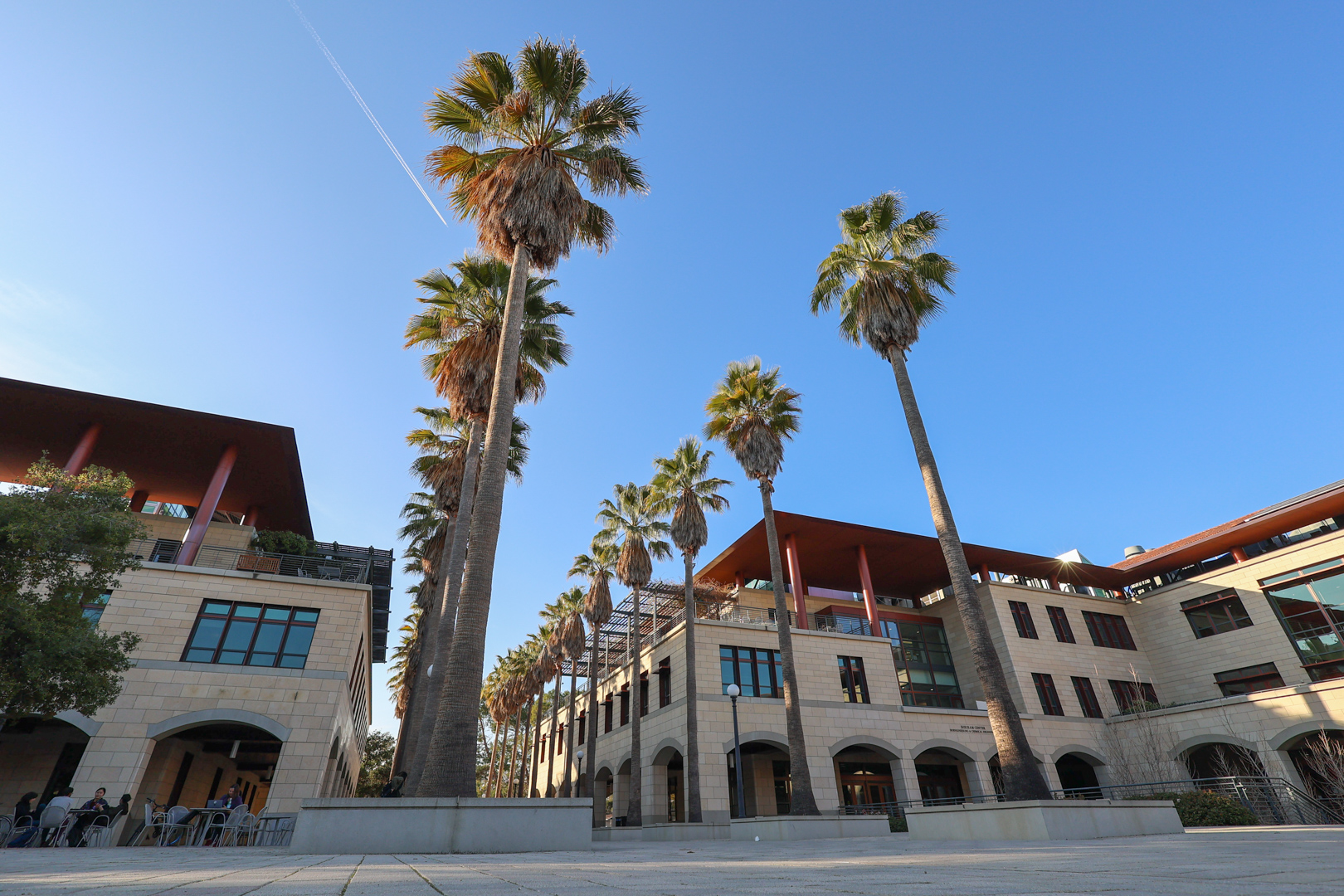The term “polarization” has become a buzz word in much the same capacity as “fake news,” “wokeness” and “border security.” I’ve heard the phrase “American politics is so polarized” repeated at almost every talk, discussion or forum tangentially related to politics. What exactly do we mean when we say “polarization?”
I would argue that we, as a society and as a university, are plagued by a very specific type of polarization — one that is driven by visceral emotions rather than ideological differences.
I grew up in a small town on the east coast of New Zealand, where politics didn’t occupy people’s daily lives. I don’t remember ever witnessing or engaging in a “heated” political discussion. From watching news coverage of Trump’s presidency, I suspected that I was in for a cultural shock when I arrived at Stanford last winter.
My first weeks at Stanford were ordinary enough; I didn’t witness any political antagonism. I was convinced that Big Media once again sensationalized reality.
Then, Mike Pence came to Stanford.
And along came the circus.
The Stanford College Republicans (SCR) event took place in Dinkelspiel Auditorium last February. Provocatively titled “How to Save America from the Woke Left,” the event was twice (unrightfully) denied funding by the Undergraduate Senate, before finally being approved by the Constitutional Council.
I remember cringing throughout the event at the pettiness both sides displayed. From the “dunking on the Woke Left” intro and montage of Biden’s gaffes, to the disruptive heckling and trolling questions. The scene reminded me of Call of Duty game chats, where terms like “n00b,” “rkt” and “owned” are thrown around. Politics — a vital element of American society, so I’ve been told — appeared juvenile and shallow.
Through a course on Deliberative Democracy, I have come to learn that what I’d witnessed was the manifestation of “affective polarization,” the tendency to antagonize individuals of rival political groups while favoring those of one’s own group. It is the gap between how much you like the people of your political group and how much you dislike the people of opposing political groups. “Ideological polarization,” on the other hand, is the difference between actual political opinions of different individuals.
Aside from the overtly partisan antagonism between SCR and the rest of Stanford, I have seen affective polarization permeate every aspect of campus life during my time at here. Within dorms, non-progressive students are alienated because of their political beliefs. In classrooms, students avoid “trying on new ideas” in fear that they will be irreversibly bound to their words and placed in an “-ist” bucket. A progressive student I spoke to recently said that they fear their view on policing — specifically, that we should not abolish the police but reform it — would be seen as not progressive enough to their peers.
Affective polarization extends even into extracurricular activities. A sophomore revealed to me that there is a general sentiment within their dance team to not bring on people who have unpopular political views, fearing it would “affect the family dynamic.” They explained that anyone on the team has a no-questions-asked veto during the selection process, which could be used to prevent political “others” from joining the team.
As a participant and an observer, I see three primary causes to the deepening affective polarization on campus, with the first being “social balkanization.” Stanford does a great job fostering diversity through admissions; however, members of this diverse student body nonetheless gravitate towards like-minded people. This reduces the amount of diverse interactions students have, as echo chambers form within dorms and across campus. These self-sorted social groups of like-minded people naturally generate ingroup/outgroup dynamics, increasing affective preference for ingroup members.
Second, students desperately lack the necessary skills and practice needed to discuss contentious issues. To put it crudely, students don’t know how to disagree. This causes the frequent occurrence of poor-quality political discussions that make people walk away feeling hurt, antagonized or unheard. As a result, stronger animosity develops between disagreeing individuals, further amplifying social sorting and exacerbating affective polarization.
In my experience, facilitated classroom discussions about politics have marginally better outcomes — which brings us to the final issue of class format. Sections, which should be intended for discussions, are instead reiterations of lectures. I’ve seen and heard that many instructors of general education courses like COLLEGE and SLE try to push students, who possess a diverse range of views, towards consensus, rather than allowing for disagreement. By forcing students to agree before they are truly persuaded, instructors turn class discussions into mere performative exercises, dissuading students from undertaking genuine attempts at understanding their classmates’ views. This reinforces students’ convictions in their pre-existing views, strengthening ingroup bonds while amplifying the differences (real or perceived) between groups.
I do believe in the notion that universities are microcosms of society; thus, I think if left unattended, affective polarization will wreak greater havoc on the already precarious social and political spheres of American life in the coming years. This is why I want to draw attention to the precise nature of the problem confronting us. If we fall deeper into our ideological silos and the animosity between political groups grows, then our vision of a truly inclusive future will come under threat.
The situation does seem dire, and we are pressed for effective solutions. I hope to elucidate some ways to alleviate affective polarization in my future articles.
